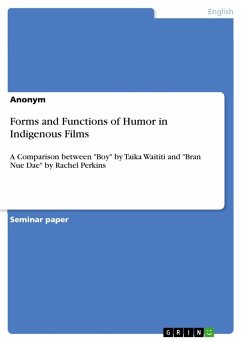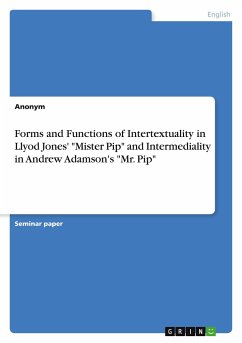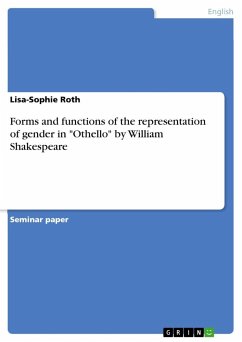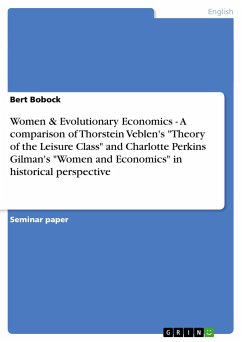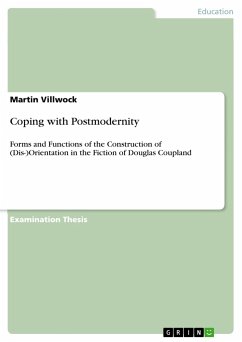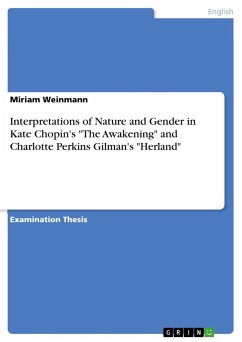Seminar paper from the year 2017 in the subject English Language and Literature Studies - Culture and Applied Geography, grade: 2,0, University of Frankfurt (Main), language: English, abstract: This term paper focuses on the comparison between two Indigenous films, "Boy" by Taika Waititi and "Bran Nue Dae" by Rachel Perkins on the basis of forms and functions of humor that are presented in both films.Comparing these two films, the viewer might immediately ask the question why the depiction of historical trauma of the two peoples, Maori and Aborigines, is presented in a comical manner. These films are classified as "dramedies". It does not mean that a dramedy is a comedy with dramatic elements or vice versa, it's a genre of drama that is defined by stories focusing on character development, intense emotions and inner conflict as the primary source of plot. In these films, humor has been selected as a main tool to illustrate the problems of these two nations that have been confronted with social segregation in New Zeeland and Australia. For this reason, such a tragicomically represented humor serves as a difficulty for its appropriate perception on the viewers' part.In the movies, the plot revolves in 1969 in Australia and in 1984 in New Zealand, so explicitly in the times of the national revival of Aborigines and Maori. Then, after centuries of discrimination, they were given full rights and became full-fledged members of society. So, a mix of tragedy and comedy is not a coincidence since the Indigenous people who have come through a lot of tragedy had then a reason to cheerfully celebrate their newly obtained equal status.
Hinweis: Dieser Artikel kann nur an eine deutsche Lieferadresse ausgeliefert werden.
Hinweis: Dieser Artikel kann nur an eine deutsche Lieferadresse ausgeliefert werden.

